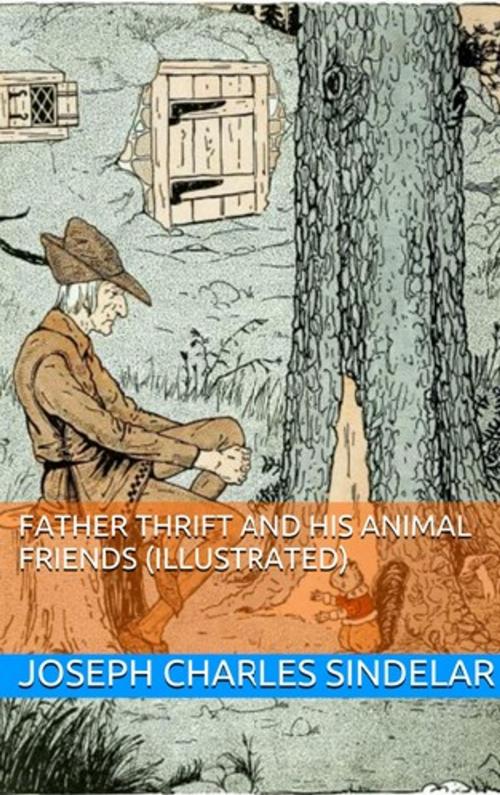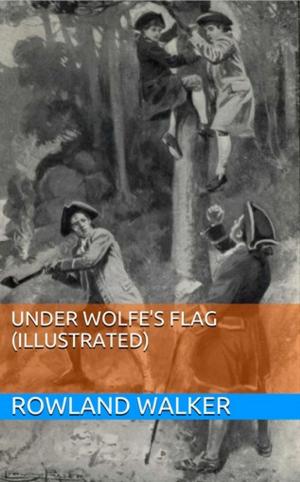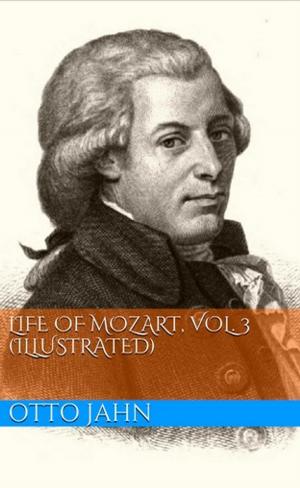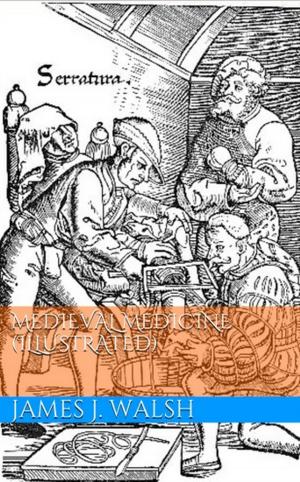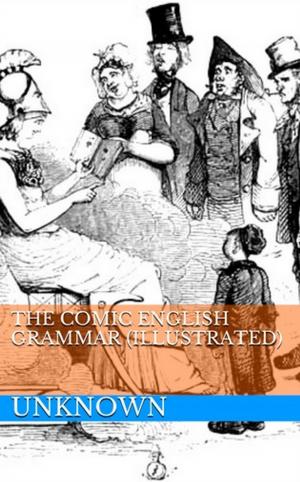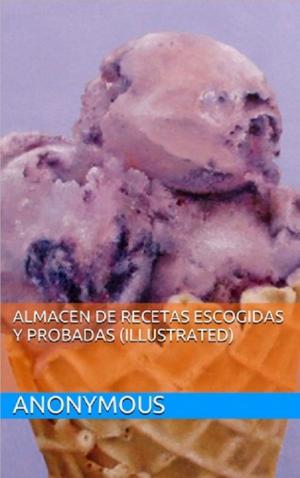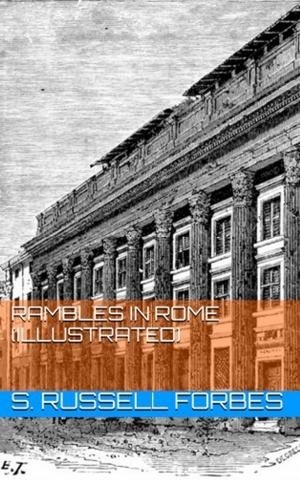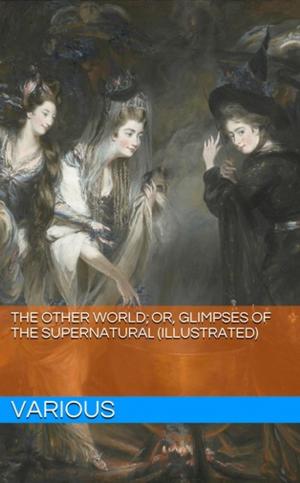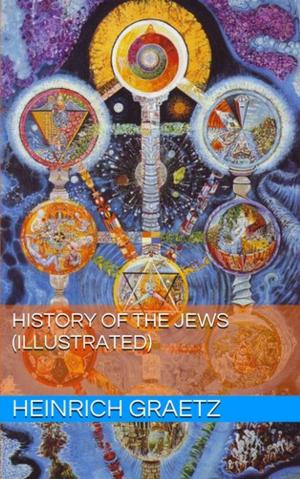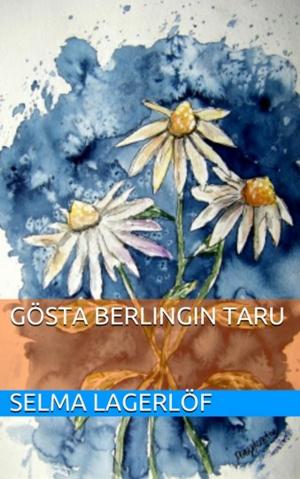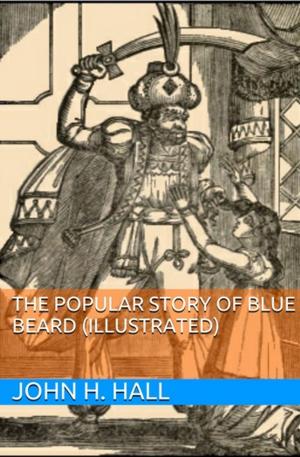| Author: | Joseph Charles Sindelar | ISBN: | 1230000154685 |
| Publisher: | Lost Leaf Publications | Publication: | July 25, 2013 |
| Imprint: | Language: | English |
| Author: | Joseph Charles Sindelar |
| ISBN: | 1230000154685 |
| Publisher: | Lost Leaf Publications |
| Publication: | July 25, 2013 |
| Imprint: | |
| Language: | English |
THE QUEER LITTLE OLD MAN
Once upon a time, in a quaint old town, there lived a queer little old man. His name was Thrift—Father Thrift people called him, although he really was no father at all.
As I said before, he was just a queer little old man. He had no wife, no children, no home of his own.
But he had a kind heart within his queer little body. Also, he had willing hands and feet, and these brought him many friends.
How old the queer little man was, or how long he had lived in the quaint old town, no one seemed to know.
The present grandfathers and grandmothers remembered how the queer little man used to take them, as children, on his lap and tell them stories.
He had told the same stories to their children and to their children’s children. Yet to none of them did he look any different to-day than he did when they first saw him.
You must not think that telling stories was all the queer little old man had to do. He was a sort of all-round village helper. He helped everybody who needed help.
But it was for his good advice that the queer little old man was most sought. He always thought well for everybody, and the people profited by following his teaching.
In fact, the whole town grew prosperous, extremely prosperous, by heeding Father Thrift’s advice.
You would suppose that the queer little old man would be well rewarded.
Not so! For when these people became very, very prosperous, they felt that the queer little old man was only in their way.
What further need had they of his advice?
He had taught them to live simply, to spend wisely, and to waste nothing. He had taught them to enjoy simple pleasures and to form simple habits.
“Of what good is time or money, body or brain, if we do not know how to use any of them?” he would say.
“What will become of good health if we do not take care of it?
“Of what good is study-time or play-time unless we get the most we can out of it?
THE QUEER LITTLE OLD MAN
Once upon a time, in a quaint old town, there lived a queer little old man. His name was Thrift—Father Thrift people called him, although he really was no father at all.
As I said before, he was just a queer little old man. He had no wife, no children, no home of his own.
But he had a kind heart within his queer little body. Also, he had willing hands and feet, and these brought him many friends.
How old the queer little man was, or how long he had lived in the quaint old town, no one seemed to know.
The present grandfathers and grandmothers remembered how the queer little man used to take them, as children, on his lap and tell them stories.
He had told the same stories to their children and to their children’s children. Yet to none of them did he look any different to-day than he did when they first saw him.
You must not think that telling stories was all the queer little old man had to do. He was a sort of all-round village helper. He helped everybody who needed help.
But it was for his good advice that the queer little old man was most sought. He always thought well for everybody, and the people profited by following his teaching.
In fact, the whole town grew prosperous, extremely prosperous, by heeding Father Thrift’s advice.
You would suppose that the queer little old man would be well rewarded.
Not so! For when these people became very, very prosperous, they felt that the queer little old man was only in their way.
What further need had they of his advice?
He had taught them to live simply, to spend wisely, and to waste nothing. He had taught them to enjoy simple pleasures and to form simple habits.
“Of what good is time or money, body or brain, if we do not know how to use any of them?” he would say.
“What will become of good health if we do not take care of it?
“Of what good is study-time or play-time unless we get the most we can out of it?
